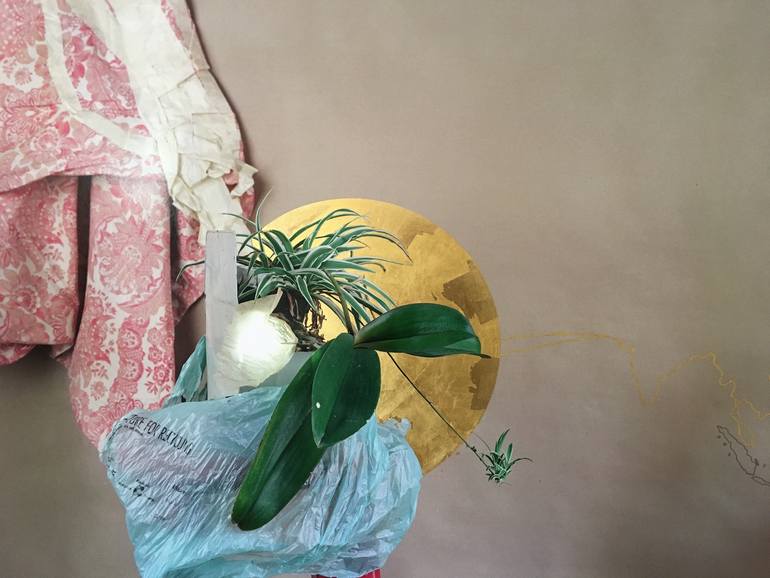


109 Views
3
View In My Room
East to West: The Extraction and Reproduction of Phaelenopsis and Chlorophytum - Limited Edition 1 of 3 Photograph
Whit Forrester
United States
Photography, Digital on Other
Size: 50 W x 40 H x 0.2 D in
Ships in a Tube
109 Views
3
ABOUT THE ARTWORK
DETAILS AND DIMENSIONS
SHIPPING AND RETURNS
I want people to think of plants as living, photographic prints of the Divine. Throughout texts and verbal stories worldwide the notion of light as the actual physical manifestation of Divinity is a continuous thread that binds the human experience of the world. Plants are uniquely positioned as int...
Year Created:
2016
Subject:
Styles:
Mediums:
Photography, Digital on Other
Rarity:
Limited Edition of 2
Size:
50 W x 40 H x 0.2 D in
Ready to Hang:
Not Applicable
Frame:
Not Framed
Authenticity:
Certificate is Included
Packaging:
Ships Rolled in a Tube
Delivery Cost:
Shipping is included in price.
Delivery Time:
Typically 5-7 business days for domestic shipments, 10-14 business days for international shipments.
Returns:
The purchase of photography and limited edition artworks as shipped by the artist is final sale.
Handling:
Ships rolled in a tube. Artists are responsible for packaging and adhering to Saatchi Art’s packaging guidelines.
Ships From:
United States.
Need more information?
Need more information?
Whit Forrester
United States
Forrester is an artist based in the United States between Chicago and New Orleans. They have a BA in Environmental Studies from Oberlin College and an MFA in Photography from Columbia College. Born in American Samoa to white parents, raised in Louisville until 18 at which point he lived in a car for a year while making pictures. He has worked in landscape design, in ecological restoration, community organizing and entrepreneurial efforts around regenerative design of communities. His work seeks to bring nature within the realm of the Divine, taking nods from Transcendentalists and conversations around Scientific Materialism and Decolonization. Exhibited widely, in both national and international contexts, and with a range of aesthetic interests that include: practices of accumulation, manifestations of power, diaspora, noetic science, new materialisms, discourses around the transcendent and the material relationship between self and world.
Why Saatchi Art?
Thousands of
5-Star Reviews
We deliver world-class customer service to all of our art buyers.
Global Selection of Original Art
Explore an unparalleled artwork selection from around the world.
Satisfaction Guaranteed
Our 14-day satisfaction guarantee allows you to buy with confidence.
Support Emerging Artists
We pay our artists more on every sale than other galleries.
